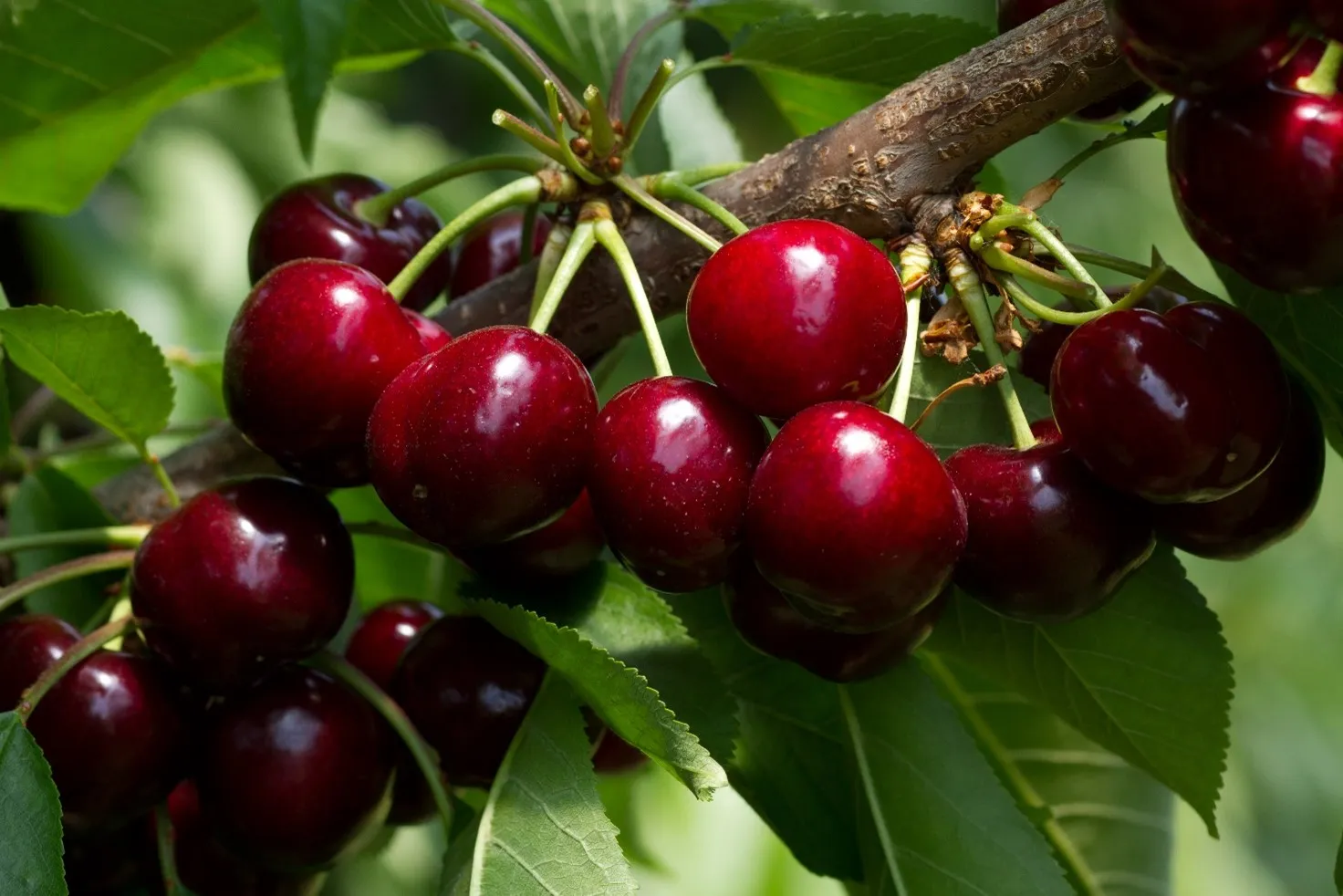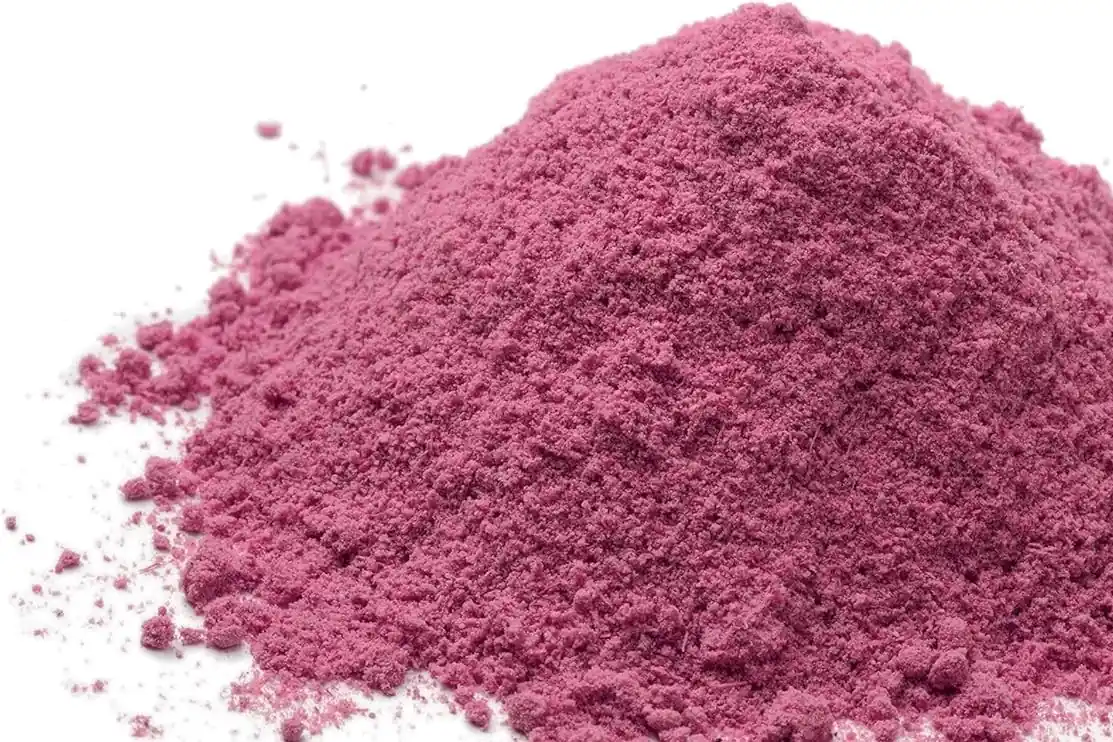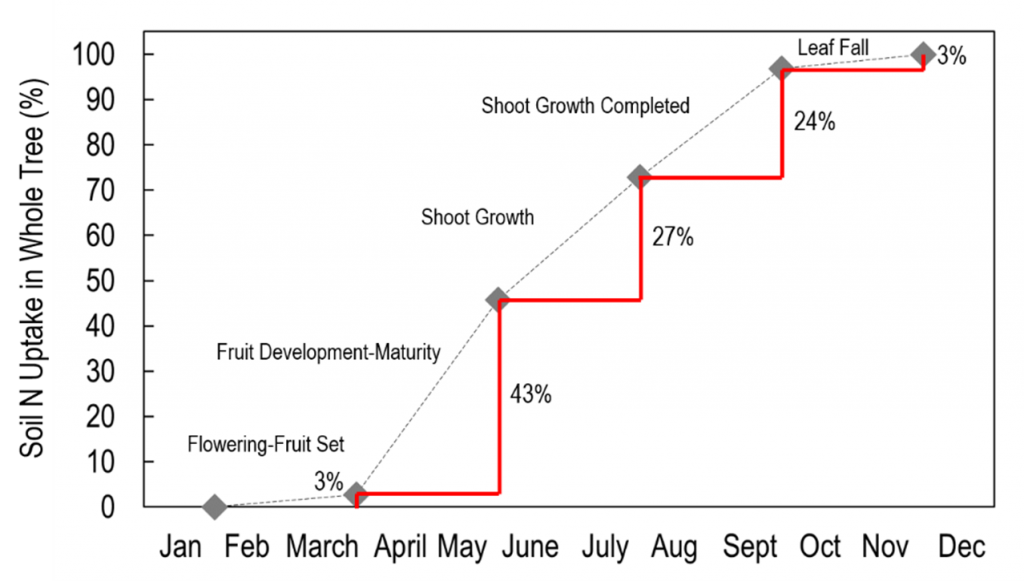The incidence and progression of physiological disorders that may develop during prolonged storage is a topic that requires maximum attention. Determining optimal storage conditions for each cherry variety is of great importance for the industry and producers. This knowledge not only provides valuable information to improve post-harvest management practices but is also fundamental to maintaining and enhancing the competitiveness of the Chilean cherry industry in demanding international markets.

The export of Chilean cherries to China, a key market that received over 410 thousand tons in the 2023-2024 season. In economic terms, the industry generated over $2.2 billion in the last season, consolidating itself as an important pillar of the Chilean agricultural sector. However, cherry exports face significant logistical challenges due to the distance of over 20,000 km and the long maritime transit times, exceeding the 20 days required to reach the Asian market.
Under these conditions, prolonged storage presents significant risks to fruit quality. Parameters such as firmness, moisture retention, and weight could be affected, compromising product acceptance. Additionally, physiological disorders that develop during storage, such as pitting (surface indentations), browning, dehydration of the pedicel, and “lizard skin” (rough texture), are the main causes of rejection in international markets.
Want to read the full article? Sign up for our free Cherry Times newsletter! This is the only way to receive each new article directly in your inbox and stay updated with high-quality advice and analysis. Don't miss this unique opportunity!
Sign up for the Cherry Times newsletter for free!
Cherry Times - All rights reserved












